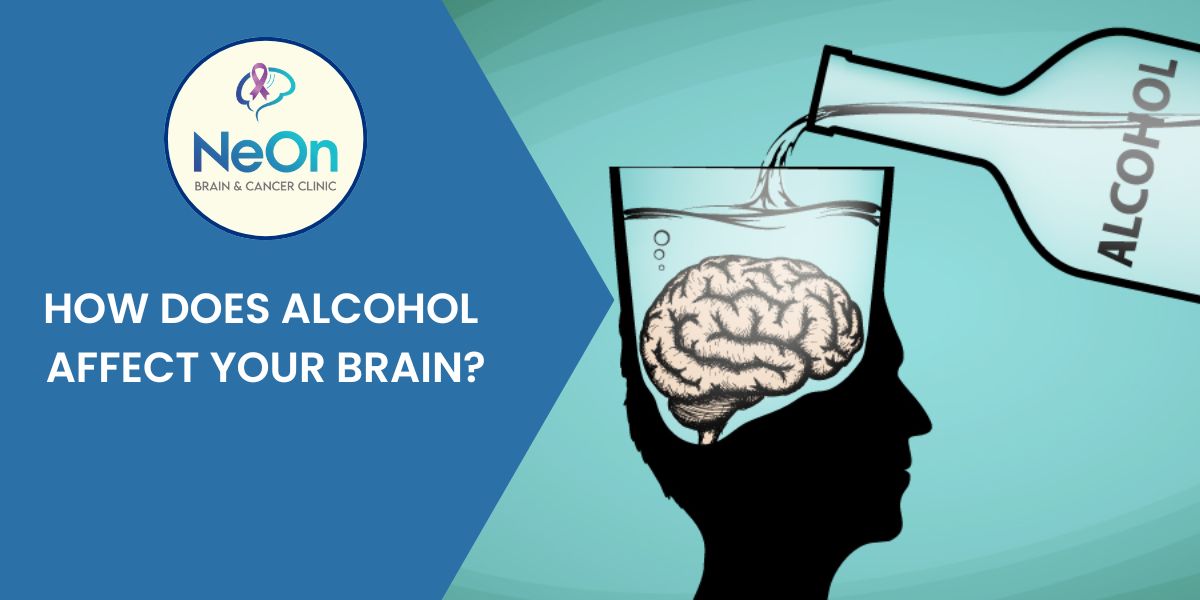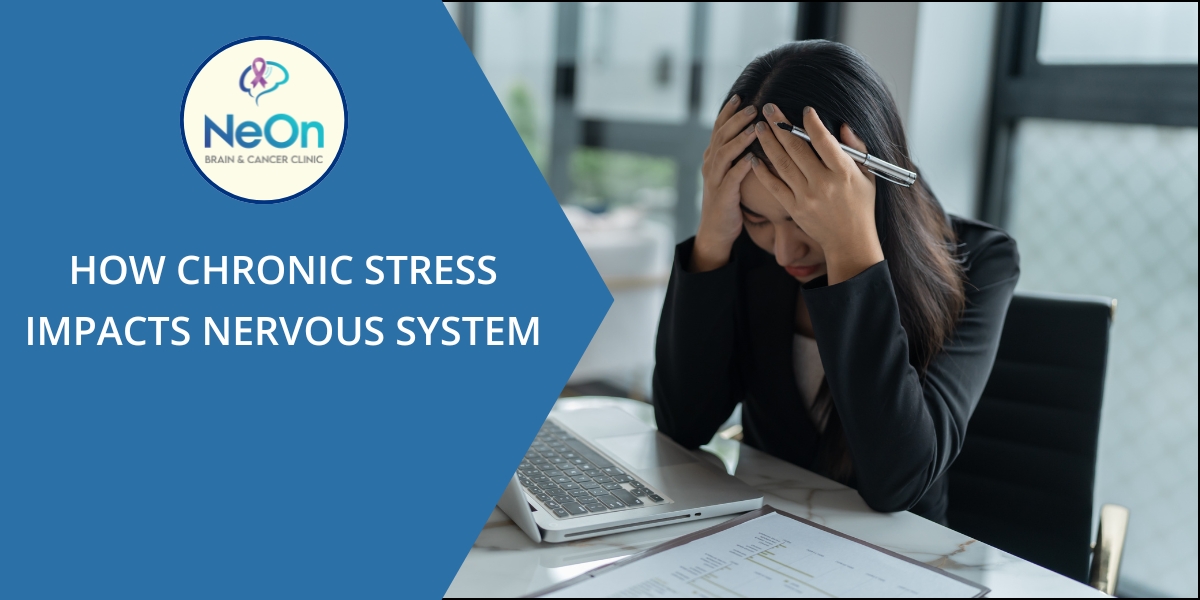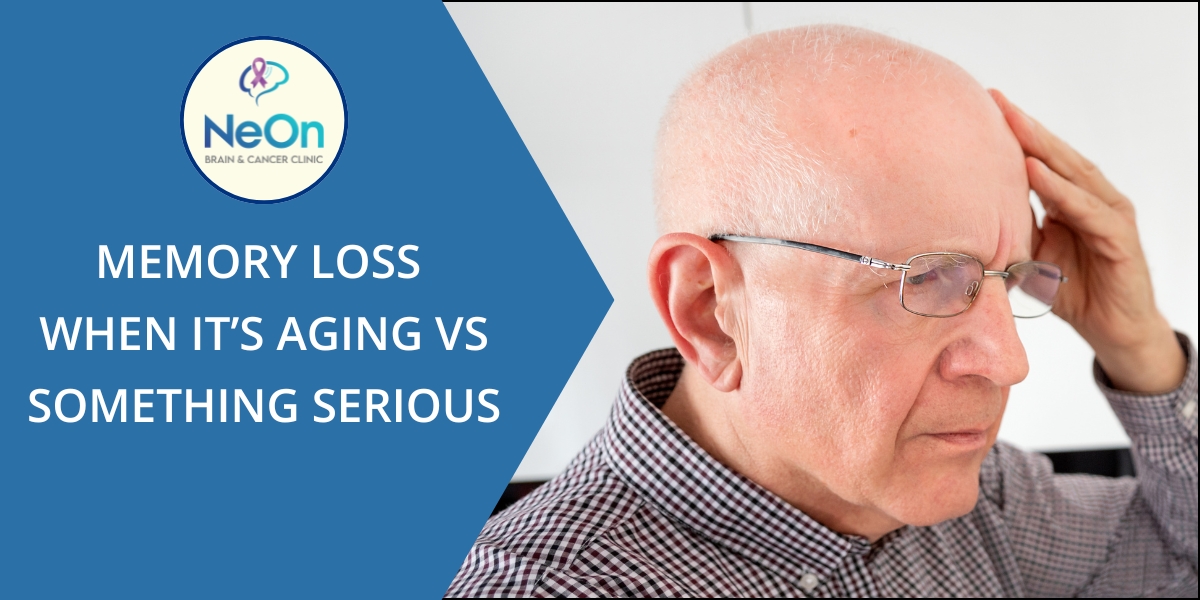Alcohol is a common social beverage, but its effects on the brain can be profound and long-lasting. Whether consumed occasionally or excessively, alcohol interacts with the brain in ways that impact mood, cognition, and overall neurological health.
How Alcohol Impacts Brain Function
1. Immediate Effects of Alcohol on the Brain
When you consume alcohol, it quickly enters the bloodstream and reaches the brain, altering neurotransmitter activity. Some immediate effects include:
- Slowed Brain Function – Alcohol suppresses excitatory neurotransmitters (like glutamate) and enhances inhibitory ones (like GABA), leading to slowed reflexes, slurred speech, and impaired coordination.
- Mood Changes – Alcohol triggers dopamine release, creating temporary euphoria, followed by mood swings or depression as its effects wear off.
- Impaired Judgment & Memory – Even small amounts can weaken decision-making and short-term memory.
2. Long-Term Effects of Alcohol on the Brain
Chronic alcohol consumption can cause lasting damage, including:
- Brain Shrinkage (Atrophy) – Prolonged drinking reduces brain volume, affecting memory and cognitive function.
- Neurotransmitter Imbalance – Long-term use disrupts serotonin and dopamine levels, increasing risks of anxiety and depression.
- Wernicke-Korsakoff Syndrome – A severe condition caused by thiamine (Vitamin B1) deficiency, leading to confusion, memory loss, and coordination problems.
- Increased Risk of Dementia – Heavy drinking accelerates cognitive decline and raises dementia risk.
3. Alcohol Withdrawal & Brain Health
Sudden alcohol cessation after prolonged use can lead to withdrawal symptoms like tremors, seizures, and even Delirium Tremens (DTs), a life-threatening condition. Medical supervision is crucial for safe detox.
Can the Brain Recover from Alcohol Damage?
The brain has some ability to heal with abstinence:
- Neuroplasticity helps repair connections over time.
- Improved Cognitive Function is seen in recovering individuals after months of sobriety.
- Proper Nutrition & Therapy aid recovery, especially under expert guidance.
However, severe damage may be irreversible, emphasizing the need for moderation or abstinence.
Expert Advice from Dr. Sadique Pathan – Neurologist in Pune
“Alcohol affects the brain in multiple ways, from temporary impairment to permanent damage. While occasional drinking may not cause harm, excessive consumption poses serious risks, including memory loss, mood disorders, and neurological decline. If you or a loved one are struggling with alcohol-related brain issues, seeking professional help is essential for recovery.”
Dr. Sadique Pathan, a renowned neurologist in Pune, specializes in diagnosing and treating alcohol-related neurological disorders. With advanced expertise in brain health, he provides personalized care for patients dealing with cognitive impairments, neuropathy, and addiction-related complications.
Understanding how alcohol affects the brain is crucial for making informed choices about consumption. While moderate drinking may not severely harm everyone, excessive use can lead to irreversible damage. If you’re concerned about alcohol’s impact on your brain health, consult a specialist like Dr. Sadique Pathan, the best neurologist in Pune, for expert evaluation and treatment.



